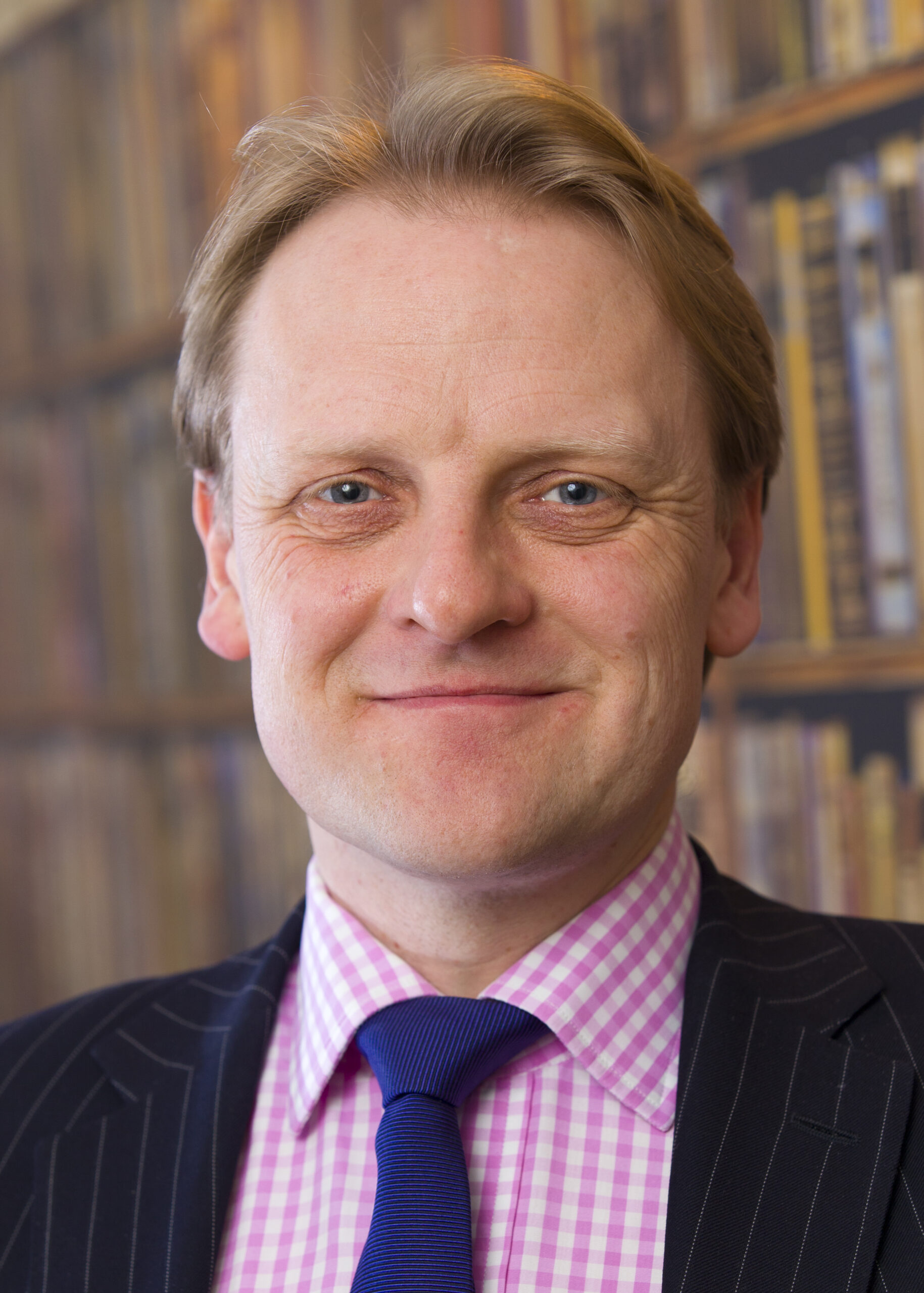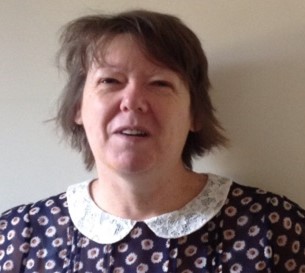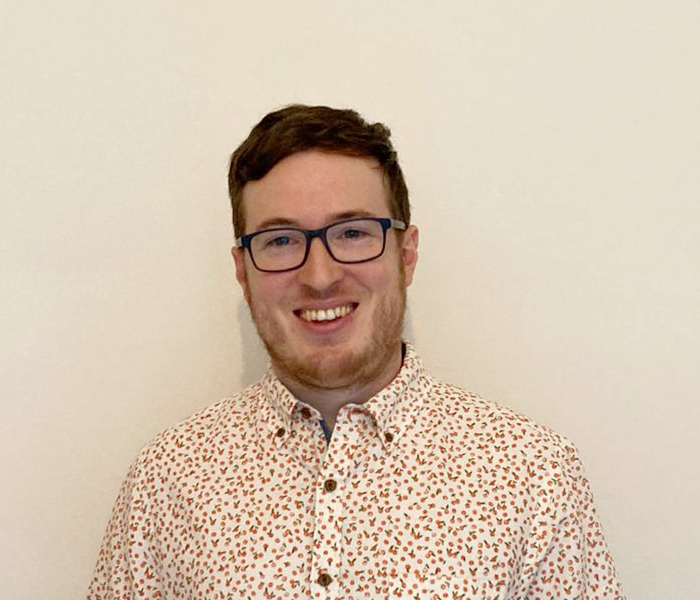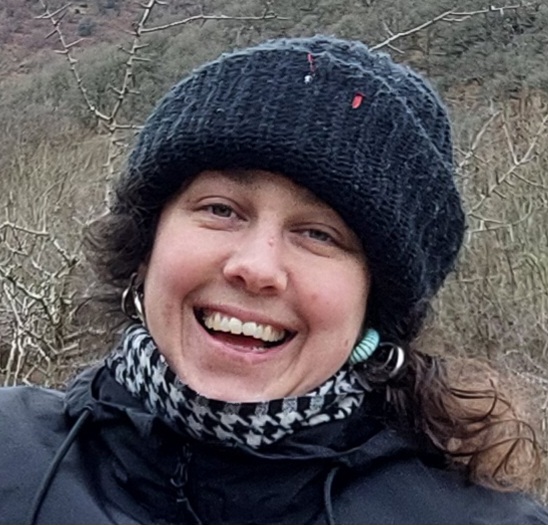In 2021, DMT made a call for proposals from researchers working in partnership with community organisations on the topic of developing homes and communities suitable for older people. We are joined in this session by the teams from two of the successful award-holders: Dr Mark Hammond of Manchester Metropolitan University, Professor Andrew Clark of the University of Salford and their community collaborators.
Age-friendly communities are made with co-production
Older people living in the community often need more support and their living environments do not always meet their needs as well as they could. This can leave people feeling isolated, marginalised or excluded which affects their quality of later life. The Dunhill Medical Trust funded two projects to put the voice of older people at the heart of exploring ways to build age-friendly communities.
The first sees Professor Andrew Clark, and his team at the University of Salford, exploring how the COVID-19 pandemic has affected the living environments and social connections of older people in different neighbourhoods in Salford. Dr Mark Hammond leads the second who, with his team from the Manchester School of Architecture, is investigating naturally occurring retirement communities.
“Our goal is to make a difference for older people, and the people who support them, one neighbourhood at a time” Professor Andrew Clark, University of Salford
Beyond the pandemic: developing age-friendly communities in Salford
Our goal is to make a difference for older people, and the people who support them, one neighbourhood at a time. We’re giving older people in Salford an opportunity to share what they think is important when making their homes and community more accessible and comfortable. We especially want to learn from what older people experienced through the pandemic when community life looked very different.
Using a series of community workshops, we co-designed our project with older people. We want their aims and hopes to be an integral part of what we research. We have also collected data from 11 ageing charities and organisations and are beginning to build a clearer picture of how the pandemic affected older people living within the community. We’re now getting out and about to interview older people from multiple neighbourhoods in Salford. Using photos and film to bring their experiences to life, we are aiming to create a clearer picture still on what it’s like to live in Salford neighbourhoods from their point of view.
Next, we’ll use co-production again to develop recommendations for how to build and support age-friendly communities in Salford. This will see a huge number of important voices come to the table, such as older people and their carers, voluntary organisations, service providers, charities and universities. We believe that a truly collaborative approach is the best way to carry out this research, enabling us to overcome challenges so that more people can live safely and comfortably with the community into their later years.
Co-creating age-friendly social housing in Manchester
“Our project is taking a detailed look at Hopton Court, a spontaneously occurring retirement community near Manchester University” Dr Mark Hammond, Manchester School of Architecture
Retirement communities can form spontaneously rather than being deliberately planned for and built. However, these communities receive no funding for the extra care, housing support or accessibility upgrades the residents might need. Without additional support, it’s harder for residents to age happily and comfortably in these pop-up ‘retirement homes’.
Our project is taking a detailed look at Hopton Court, a spontaneously occurring retirement community near the Manchester Metropolitan University. Hopton Court is a 9-story tower block that was not designed or built with older people in mind despite the majority of the people now living there being over 50. The tenants living there are a proactive community and are working with the university to advocate for housing improvements. Tenants and university researchers together created a model for how spontaneously occurring retirement communities establish and form.
We’re now taking this model forward and want to share it with stakeholders including housing providers, integrated services, academics and healthcare professionals. We’re particularly interested in helping social housing providers to better collaborate with older people. Both sides of the table want to improve the experience of ageing in social housing but it’s not always easy to facilitate the conversation.
We’re bringing Hopton Court tenants and social housing providers together. Part of our work is making these conversations more comfortable and productive, helping to break any barriers that might arise. Older people’s voices can often be lost in a formal building consultation process so we’re designing more approachable ways for each side to work together. For example, more casual conversations where it’s easier for tenants to speak up, and of course there is tea and cake!
The output of this work will be a practical guide for housing providers showing them how they can collaborate more with older communities and in more approachable ways.
Watch the recording
If you cannot see the embedded video below, then you can watch the recording on YouTube at this link.








Do you have any questions or feedback?